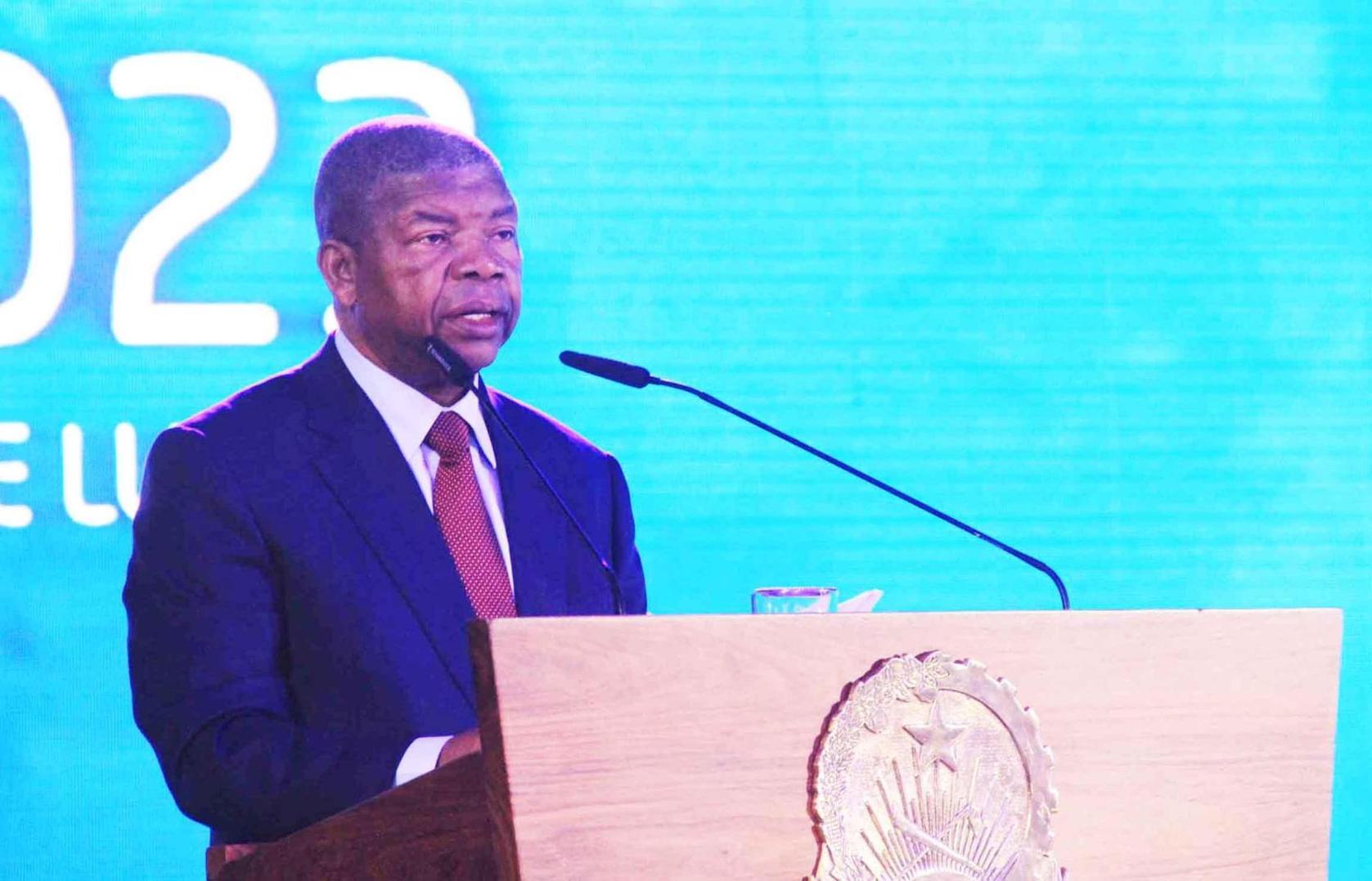Africa-Press – Angola. João Lourenço, the chairperson of the African Union (AU), is participating in the 4th United Nations Conference on Financing for Development (FFD4). His participation is essential to ensuring that African priorities are properly considered in global discussions on the subject.
Taking place from June 30 to July 3 in Seville, Spain, the Angolan statesman, in his capacity as President of the African Union, will have the opportunity to lead the articulation of a common and cohesive African position, promoting a new global financial pact that guarantees greater equity and opportunities for the continent’s development.
In fact, in his acceptance speech as AU chairperson in February this year, João Lourenço stressed the importance of this conference, which is why his presence at the event reinforces his active involvement in the issue of development, not only as a representative of Angola, but also as a spokesperson for the entire African continent, asserting himself as a regional leader.
Angola’s presence at the conference at the highest level will reinforce the country’s commitment to implementing the United Nations 2030 Agenda and the African Union’s 2063 Agenda, consolidating its role as a key player in the sustainable development of the region.
The conference appears to be fundamental to the reformulation of the global financing strategy for sustainable development, as it aims to redefine the global financial architecture and ensure the effective mobilization of the necessary resources for this purpose.
In a global context of marked social inequalities, high levels of indebtedness in developing countries, economic crises, and the devastating impacts of climate change, the event is crucial for reversing the current international financial system, which is notoriously inadequate to respond to these issues.
It is therefore imperative to profoundly transform the current global financial architecture in order to promote more inclusive, efficient, and equitable financing for all countries.
For developing countries, achieving these goals is hampered by numerous financial challenges, which is why financing is the key factor in reversing the current situation so that the 2030 Agenda can be accomplished.
There is the need to promote profound reforms to make the global financial architecture more accessible and fair, increasing investment in key sectors such as education, health, gender equality, food security, environmental sustainability, and poverty eradication.
FFD4 aims to overcome barriers to financing in order to drive innovative and effective solutions for the implementation of the 2030 Agenda and Agenda 2063, in a renewed commitment to multilateralism, international cooperation, and the mobilization of resources for sustainable development.
The interconnection between the 2030 Agenda, which sets out a global plan for sustainable development, and the African Union’s Agenda 2063 – “The Africa We Want,” which aims to make the continent autonomous, integrated, and prosperous, requires robust and adequate financing.
In this sense, FFD4 can provide Africa with the necessary means to accelerate its socio-economic transformation, based on the reform of the international financial architecture, currently dominated by rules that favor developed countries and impose high credit costs on African countries.
The measures proposed by FFD4 to make the international financial system more inclusive and efficient will enable African countries to access credit on fairer and more sustainable terms.
Debt reduction and fiscal space expansion are other fundamental premises for the AU, as many countries face difficulties arising from excessive debt servicing, restricting investment in strategic national sectors.
Recommendations to emerge from the conference, such as the introduction of debt restructuring mechanisms, moratoriums in times of crisis, and sustainable financing in local currencies, could contribute to breaking down the current barriers faced by developing countries.
The lack of modern infrastructure has been an obstacle to growth in many African countries, which is why investment in infrastructure and economic transformation is one of the essential pillars of Agenda 2063, being crucial for industrial development and regional economic integration.
For this reason, the FFD4 proposal to strengthen financing for strategic infrastructure, including energy, transport, and telecommunications, promoting connectivity and competitiveness on the African continent, is of paramount importance for the continent.
Another pertinent measure is undoubtedly the encouragement of support for regional development banks and the creation of mechanisms to attract private investment for high-impact projects.
The event could also provide a significant increase in climate finance for developing countries, in order to honor international commitments in the area of climate change and biodiversity conservation, which disproportionately affect the African continent, to mitigate the impacts of droughts, floods and increasingly severe deforestation.
To this end, it is essential to take measures that align with the Agenda 2063 vision for a resilient, sustainable, environmentally responsible, autonomous, integrated and prosperous Africa, through the creation of climate resilience funds, mechanisms for converting debt into environmental investments and incentives for the use of renewable energy sources.
In order to achieve the objectives of Agenda 2063, particularly within the framework of the African Continental Free Trade Area (AfCFTA), regional integration and the strengthening of intra-African trade are essential, although many African countries still face difficulties in accessing international markets due to a lack of productive capacity and dependence on the export of raw materials.
The FFD4 should propose strengthening financing for sustainable trade and measures to improve the export capacity of African countries, develop trade infrastructure and facilitate the entry of African products into global markets.
The African continent hopes to benefit from these initiatives and from the commitments to be made at this 4th International Conference on Financing for Development.
For More News And Analysis About Angola Follow Africa-Press






